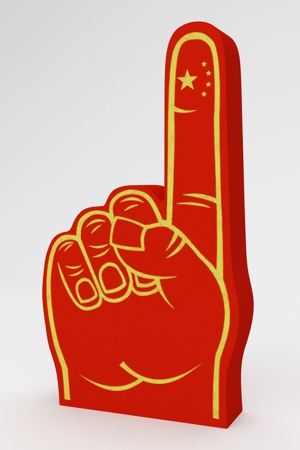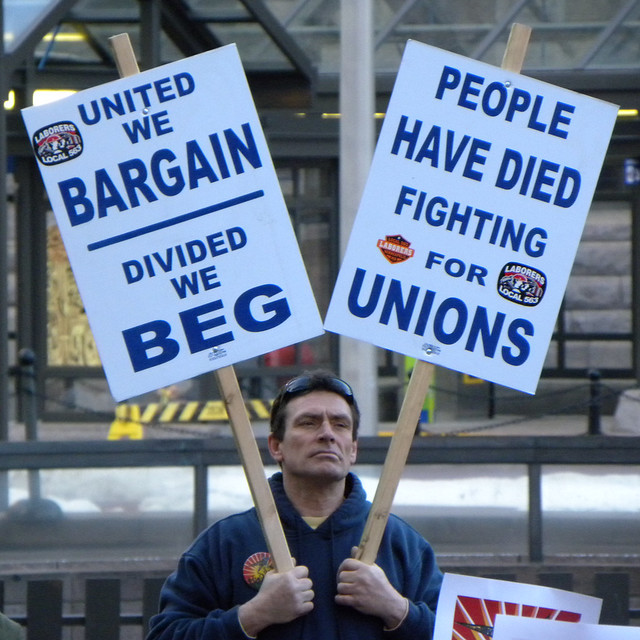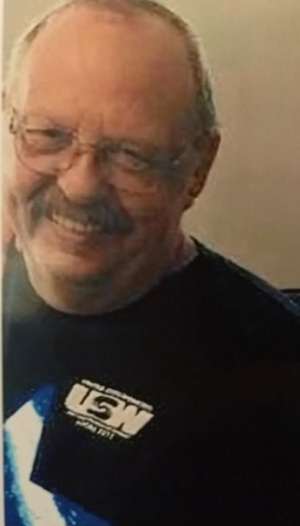By Mark Gruenberg
PAI Staff Writer
PITTSBURGH (PAI) – Making official what he had unofficially disclosed in prior interviews, United Steelworkers (USW) International President Leo W. Gerard announced this week that he will retire as head of the largest manufacturing union in North America in mid-July. Vice President Tom Conway will succeed him.
The union executive board approved the changes – including retirements of Secretary-Treasurer Stan Johnson and two more vice presidents, plus promotion of other people, including two top women, to take their seats – as well as a transition plan.
“The decision to announce these changes together will ensure that a capable and experienced group of trade union leaders will hit the ground running as a team,” Gerard said after the board adopted the transition resolution. “It will also pave the way so that the union continues to be on solid footing and that the transition is seamless and serves the best interest of our membership.”
Conway, who will succeed Gerard, has been the union’s international vice president for administration since 2005. Starting as a millwright at Bethlehem Steel in 1978, Conway rose to be a staff representative and eventually secretary of the union’s Basic Steel Conference. He chaired major sector bargaining in steel, mining, aluminum, tires, rubber, oil, and other manufacturing. He was also a big part of USW’s trade enforcement and manufacturing revitalization campaigns.
Gerard, an Ontario native, started his union career at age 18 while working at a precious metals mine and smelter in Sudbury. He rose to local, regional and national posts over 50-plus years. The board elected him president in 2001, following the late George Becker.
Mixing brains, street smarts, a talent for organizing and activism, and the ability to build alliances with other unionists in the United States and abroad, Gerard made the USW a force to be reckoned with.
He jump-started the USW’s political activism with its Rapid Response teams, in ways that other unions have since replicated. Under Gerard’s leadership, the USW filed and won a record number of cases seeking tariffs to punish unfair trade practices that threatened the jobs of USW members.
Building on past work by Becker and former USW President Lynn Williams, the USW under Gerard’s leadership joined with the Sierra Club to create the BlueGreen Alliance. The alliance, which now includes as members nearly every major national environmental group and many other labor unions, advocates for massive reindustrialization, construction of factories to produce green energy components, such as solar panels and wind turbines, unionizing workers and gaining for them good wages and benefits.
More ...






 Abigail Disney, granddaughter of the co-founder of the Walt Disney Co., called out the family business’ current CEO last month for making what’s supposed to be the happiest place on earth pretty darn miserable for its workers.
Abigail Disney, granddaughter of the co-founder of the Walt Disney Co., called out the family business’ current CEO last month for making what’s supposed to be the happiest place on earth pretty darn miserable for its workers.


